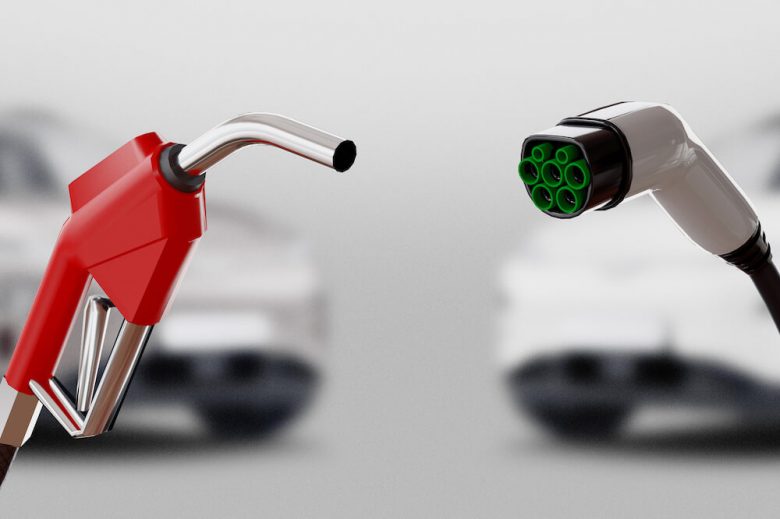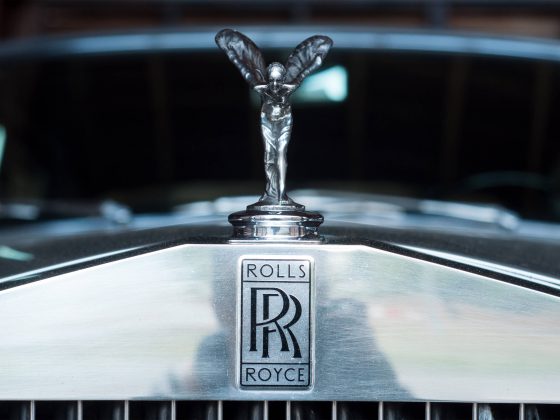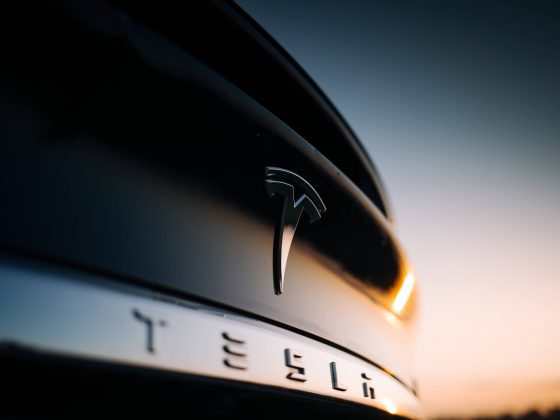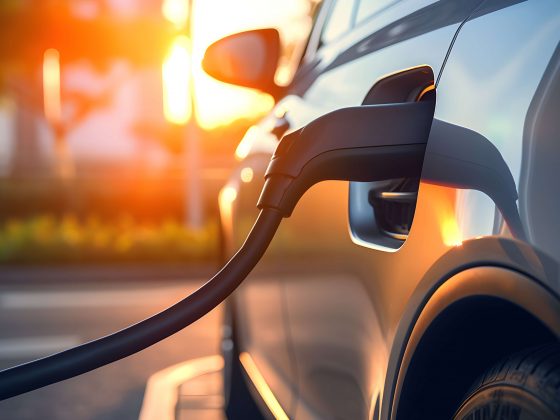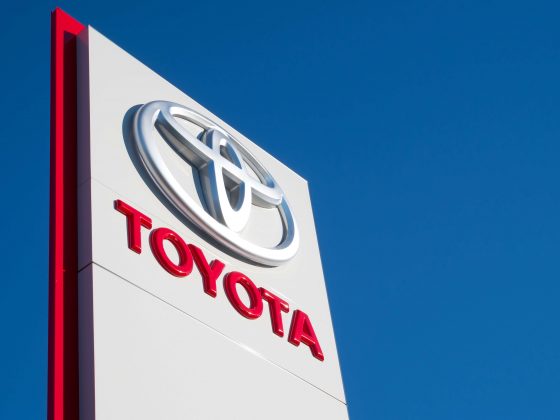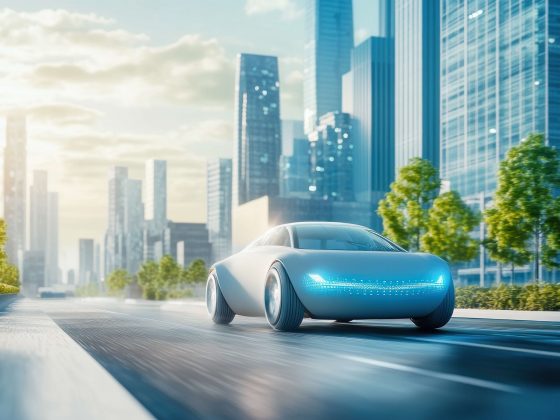Last week, the Senate got approval for the Inflation Reduction Act — $369 billion with the goal of lowering healthcare costs, increase corporate taxes, and promote clean energy. For the automotive world, that means automakers can offer EV car buyers federal tax credits.
Use eTags© to Quickly Complete Your DMV Service. Renewals, Title Transfers and More, All Online!
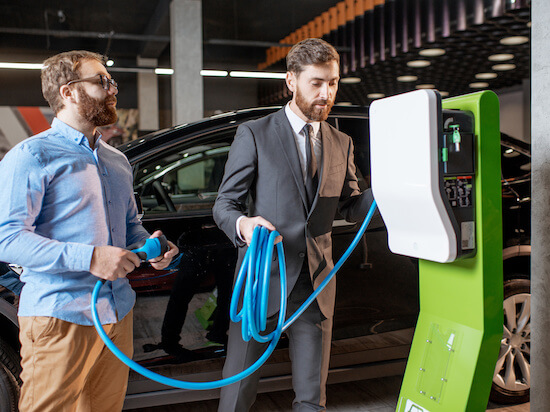
What the EV tax credit looks like now
Right now, an EV buyer can get a $7,500 tax credit but that credit is limited to the first 200,000 electric vehicles (including plug-in hybrids) sold by any given automaker. Toyota, Tesla, and General Motors have already reached that mark. Under the current regulation, when an automaker reaches that 200,000 EVs sold, the tax credit is sliced in half for the next six months. Then halved again for another six months for a $1,875 federal tax credit, before expiring one year after the limit was reached.
The regulation with the cap of 200,000 vehicles dates back to 2009
Why are automakers saying most EVs and hybrids won’t qualify
Under the Inflation Reduction Act of 2022, a tax credit up to $7,500 for new EV buyers and hybrid plug-ins will extend through 2032. The bill also creates a separate tax credit of up to $4,000 for used versions of these electric vehicles. So what’s the catch?
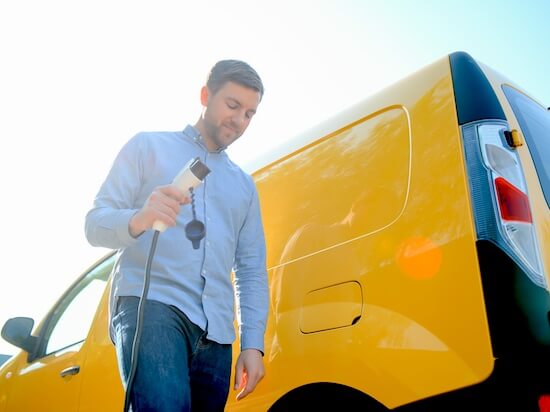
A vast majority of EVs and hybrids won’t qualify for the federal tax credit, since the bill’s requirement is that EVs are manufactured in North America and source at least 50% of battery components (like lithium, nickel, graphite, and cobalt) from countries with free trade agreements with U.S. Presently, most of these minerals are mined, refined, and processed in China, Russia, the Democratic Republic of Congo, and Indonesia. All these nations don’t have free trade agreements with America. Continue reading for more factors sabotaging EV sales in the U.S.
The requirement for sourcing at least half of EV battery components will grow stricter with every passing year, eventually reaching 100% in 2029
Just 50 EV models in America meet the new tax credit qualifications
Currently, only about 50 of the 72 electric, hydrogen or plug-in hybrid models sold nationwide meet the requirements above, according to key industry trade group Alliance of Automotive Innovation. What’s more is that there are price and income restrictions too, to further stall EV adoption and tax credit qualifications.
SEE ALSO: EV CHARGING BASICS WHAT TO KNOW BEFORE BUYING AN EV
Tax credit for new electric vehicles: price & income restrictions
If you’re looking to buy a new electric vehicle, the MSRP for sedans needs to be less than $55,000 to get the tax credit. For SUVs, trucks and vans, the MSRP must be less than $80,000.

Additionally, single tax filers with modified adjusted gross income above $150,000 won’t be able to get the federal tax credit. For married couples filing jointly, that income limit is at $300,000. For individuals who file as head of household, the cap is at $225,000.
The Democratic Republic of Congo is the world’s leading producer of cobalt, another component of the EV batteries
Tax credit for used electric vehicles: price & income restrictions
For used EVs to qualify, the car must be least two model years old. The credit is worth $4,000 or 30% of the price—whichever is less—with a price cap of $25,000. Just like with new electric vehicles, used EV purchases come with income restrictions. Individual tax filers making over $75,000/year won’t be able to benefit from the credit. For joint filers, the income limit is at $150,000 for joint filers and $112,500 for heads of household.
Some of the best American-made EVs this year, according to LeafScore:
• The Tesla Roadster (second generation): made at the Tesla Factory in Fremont, California
• The Chevrolet Corvette EV: made at the Bowling Green Assembly in Kentucky
• The Bollinger B1 & B2: the Bollinger EV trucks are built in Detroit
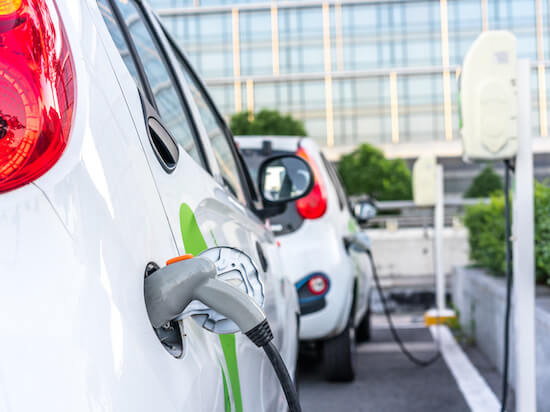
• The Chevrolet Bolt EV (or EUV): the crossover is made at GM’s Orion Assembly plant
in Orion Township, Michigan
• The Lucid Air: the midsize electric sedan made in Casa Grande, Arizona
• The Ford F-150 EV: made in new EV factory in Dearborn, Michigan
So is your next car an electric vehicle?
